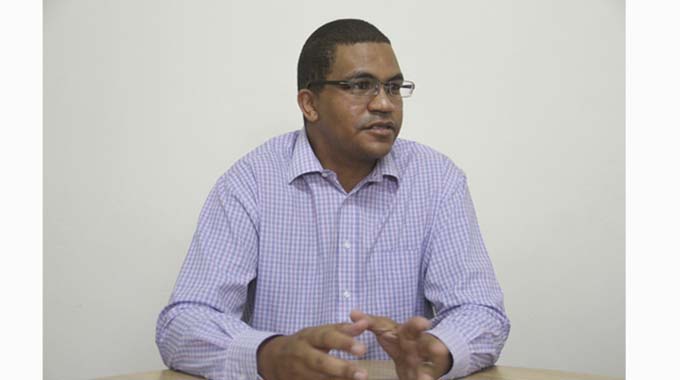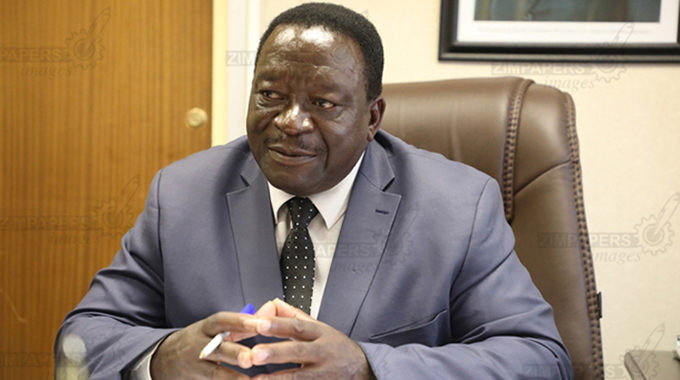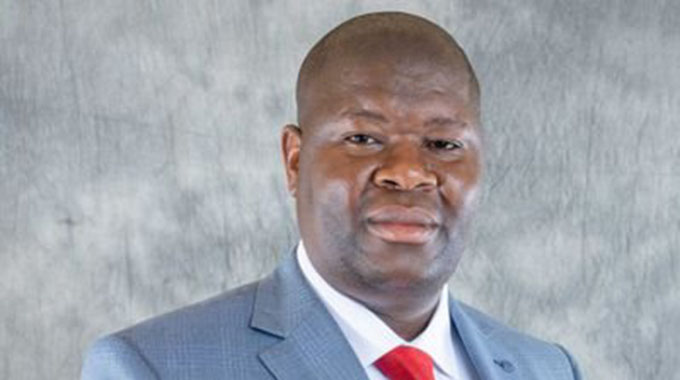Tobacco growers fret over exchange rate

Elita Chikwati
Senior Reporter
Tobacco growers have delivered 41 million kg worth US$94 million to the market, but are concerned over the fixed exchange rate of US$1:$25 used to pay for half their crop, since suppliers are using the far higher black market rate when calculating costs.
During the same period last year, farmers had sold 19 million kg worth US$33 million.
This year, farmers are being paid half of what their tobacco sells for as free funds deposited into a US dollar account, but the other half is paid into local currency bank accounts at the pegged interbank rate and they feel the huge gap between the official and black market rates might affect their viability since many of their suppliers use the black market rate when calculating prices.
Zimbabwe Tobacco Association chairman Mr Rodney Ambrose,said farmers had expressed concern ahead of the marketing season and authorities appeared to have understood their plight, but the situation has not been addressed.
“Prior to the opening of floors, growers’ representatives had fruitful discussions with the Reserve Bank of Zimbabwe on a number of issues relating to viability. Top of the agenda was a viable, retooling exchange rate (the rate needed to buy local inputs) for the local currency component that growers were to receive from their sales proceeds. Assurances were given that a viable, retooling exchange rate would be in place by the selling season.
“The previous floating exchange rate policy gave confidence that this would be achievable. However, what came in was the sudden fixed exchange rate policy aimed at stabilising prices of goods and services, and concern was raised with the central bank,” he said.
Mr Ambrose said the inflationary environment caused by higher exchange rates on the blackmarket threatened the viability of farmers.
He said tobacco seed is priced at US$4 or $220, implying suppliers were using an exchange rate of $51: US$1 against a growers return rate of $25: US$1.
“This means a grower has to sell US$8 worth of tobacco to buy US$4 priced tobacco seed. A grower only starts to access their US dollar retention once they clear their US dollar loan obligations, which occurs much later in the season.
US dollar borrowings are higher this season compared to last year, due to limited local currency on the formal lending market, hence the feeling that the realisation of the retention will not be significant.
Mr Ambrose called for an “urgent review” of the exchange rate policy to save the industry from shrinkage, increased grower debt and less foreign currency generation for the country.
Zimbabwe Farmers Union director, Mr Paul Zakariya, said his union had engaged the Tobacco Industry and Marketing Board (TIMB) and the RBZ on the need to cushion farmers during this period.
“We note with concern that pricing of inputs is tracking the alternative market’s rate to the US dollar on the back of an official rate of 1:25. With farmers paid at the official rate, real value is lost and viability of farming operations is heavily compromised. We hope the situation will be promptly addressed to preserve value,” said Mr Zakariya.
He urged the Ministry of Finance and Economic Development, and the RBZ to diligently work towards stabilising the local currency so that farmers can base their financial plans on the Zimbabwe dollar.
Indigenous Farmers Union president, Mrs Mayiwepi Jiti said the interbank rate was depriving farmers of value.
“As much as we want to support Government and the RBZ’s efforts to keep inflation down, I think they need to look at the welfare of the farmer so that the farmer would be able to go back into farming again next season.
“The 25:1 is depriving the farmer of the hard earned revenue and is going to be a sure disaster for the farmer in the agricultural production industry,” she said.







Comments